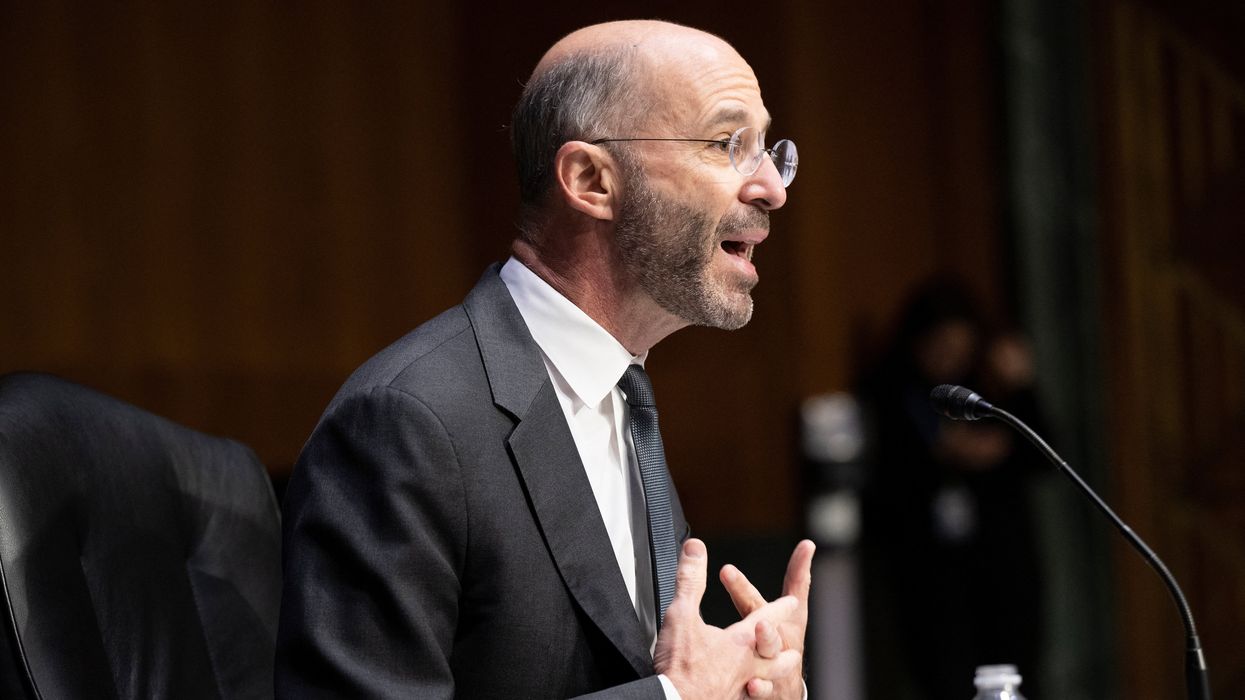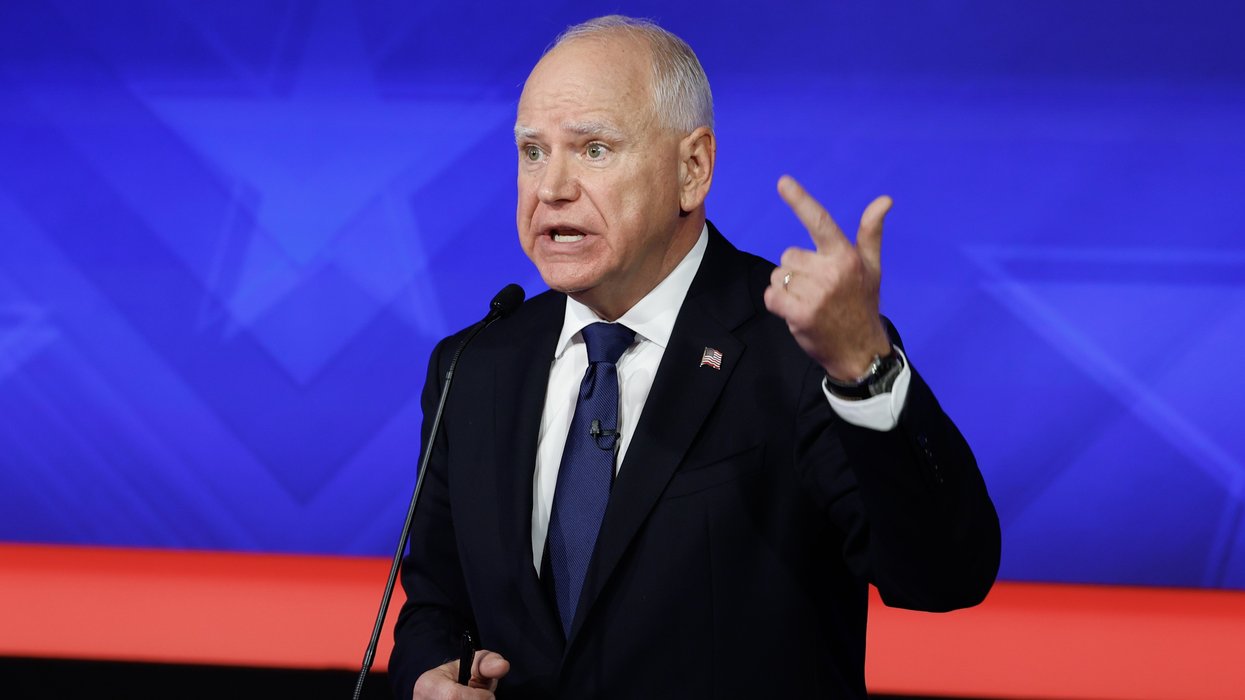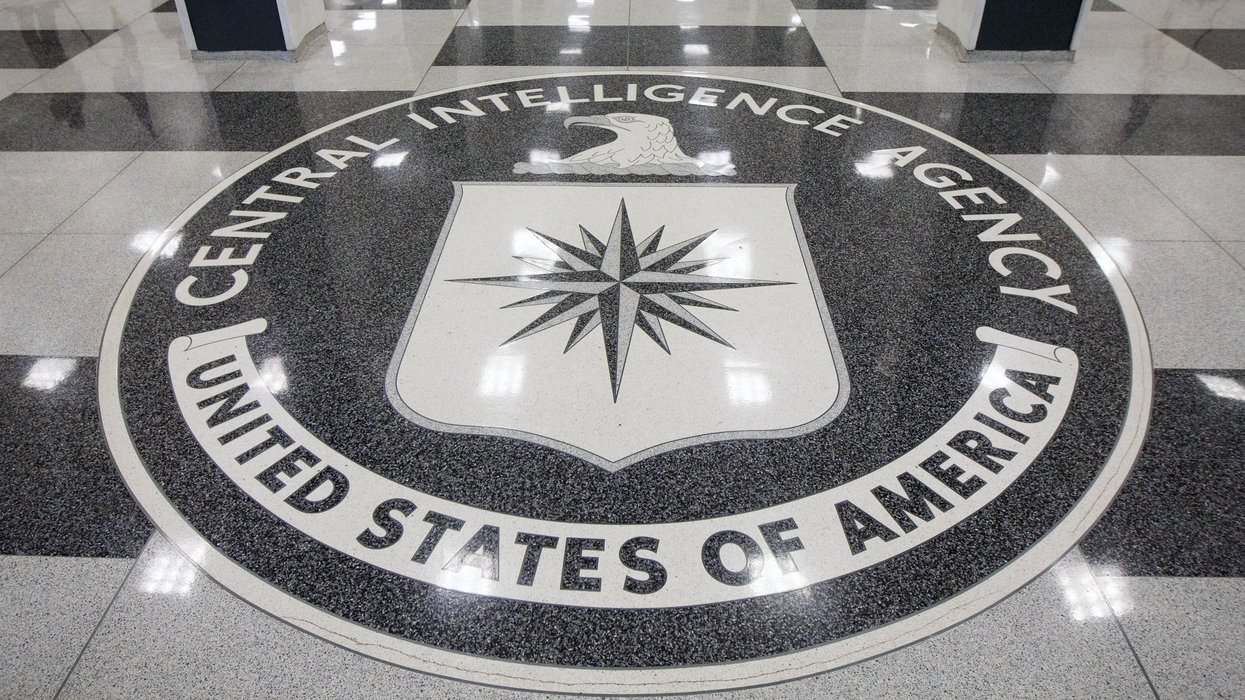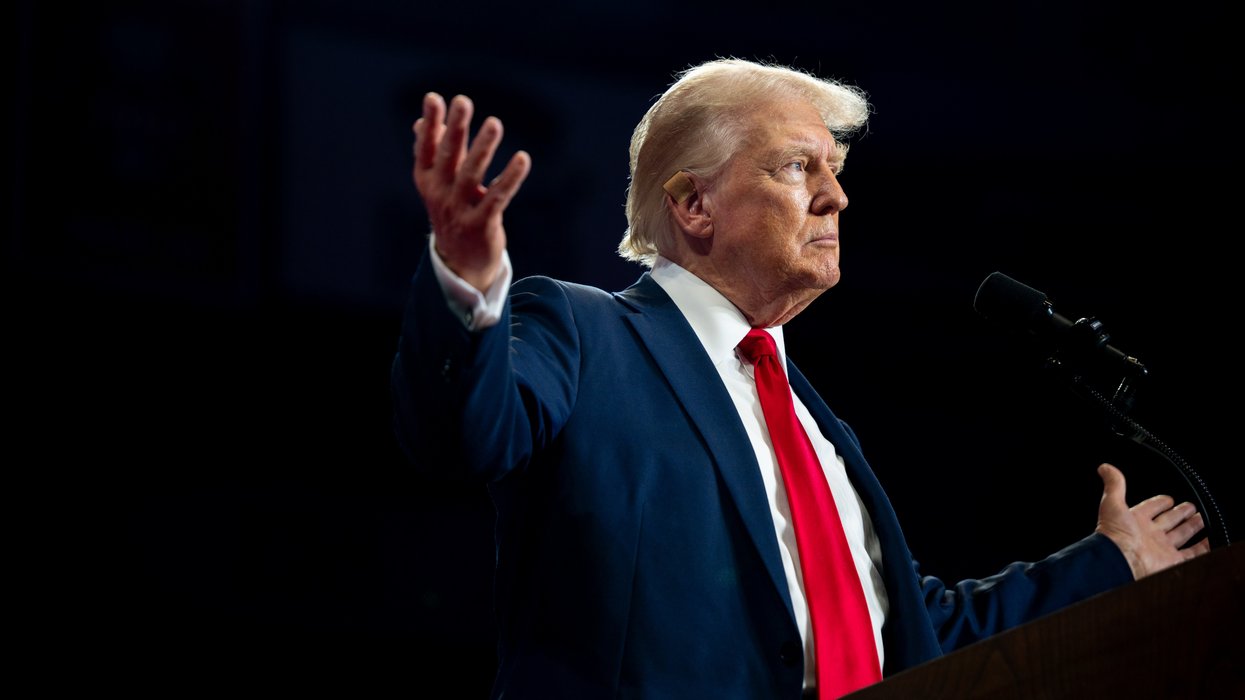America's Founding Fathers, admired and revered by generations of grateful Americans, have been increasingly disparaged over the past 100 years. The progressive left would have you believe the Founders were all rich, white, uncaring, racist slave owners --- but the truth is something entirely different. What did the Founding Fathers think about slavery? Were they all slave owners who refused to free their slaves? This definitive four-part series on the Founders and slavery sets the record straight.
Listen to the full segment:
Slavery and the Founders Part IV: Abolitionists
Just as some Americans refuse to believe that America's Founders built this nation on Christian-Judeo principles, there are those who can't accept they also did their best to set up the eventual abolition of slavery. The laws of the time prohibited owners from freeing their slaves. These men were playing with the hand they were dealt, until such a time they could figure out a way to obtain a new deck of cards, a new set of laws --- without toppling the game itself.
George Washington and Thomas Jefferson
Tried to abolish slavery by including abolition in the original Declaration of Independence. Delegates took it out.
Ben Franklin
Opposed the practice of slavery and sought to end it, eventually becoming president of a Philadelphia abolition society.
George Mason
The second largest slaveholder in Fairfax County after George Washington and a long-time abolitionist. At the Constitutional Convention in Philadelphia, 1787, he said, "Every master of slaves is born a petty tyrant. Slaves bring the judgment of heaven on a country, as nations cannot be rewarded or punished in the next world. They must be in this. By an inevitable chain of causes and effects, Providence punishes national sins by national calamities." Mason, widely regarded as the father of the Bill of Rights, refused to sign the Constitution, in large part because it did not specifically and immediately end slavery.
John Jay
Revolutionary war hero and author of several of the Federalist Papers. He eventually became the first Chief Justice of the United States Supreme Court. As governor of New York, he signed legislation to abolish slavery in his state.
Benjamin Rush
Signer of the Declaration of Independence and member of the Continental Congress who was an early advocate for ridding the nation of slavery. He published an influential anti-slavery pamphlet in 1773.
No discussion of slavery, the Founders and abolitionists would be complete without mentioning some of the black heros who were Founders themselves of the anti-slavery movement.
Harriet Tubman
Born into slavery in 1822 in Maryland, she was routinely whipped and beaten by her owner, sustaining a serious head injury that caused health issues for the rest of her life. Tubman was a devout Christian and a fearless freedom firefighter. She escaped slavery in 1849, at the age of 27, and immediately headed back to Maryland time after time to rescue members of her own family and lead them to freedom. Tubman became an important member of the Underground Railroad, a network of blacks and whites who used secret routes and safe houses to help blacks escape slavery. During the Civil War, Tubman joined the Union Army as an armed scout and spy. She was the first woman to lead an armed expedition in the war, guiding a raid which liberated more than 700 slaves. Harriet Tubman lived to witness the end of slavery in the United States and died a free woman in 1913 on her own property.
Frederick Douglass
Born into slavery as well in 1818, Douglass experienced the horrors of slavery during his youth and young adulthood before finally escaping from Maryland to Pennsylvania in 1838. He became a licensed preacher and began honing his oratory skills, for which he would later become famous. During his first years of freedom, Douglass studied at the feet of abolitionist William Lloyd Garrison who taught him that the Constitution was a pro-slavery document. Once Douglass read the Constitution himself and studied the words of the Founding Fathers, his entire outlook on the document and America changed. Douglass said, "I became convinced that the Constitution of the United States not only contained no guarantees in favor of slavery, but on the contrary, it is in its letter and spirit an anti-slavery instrument, demanding the abolition of slavery as a condition of its own existence as the supreme law of the land." Frederick Douglass went on to become a best-selling author, diplomat and a member of a fledgling anti-slavery, pro-abolition political party named the Republican Party.
While the Founding Fathers and courageous black leaders brought the United States to the brink of ending the evil of slavery, it was the great emancipator, Abraham Lincoln, with his steady hand, inspired leadership and resolute commitment that pushed the nation over that edge. Many say that Lincoln's willingness to go to war had little or nothing to do with slavery, but that simply isn't true. During the Civil War, Lincoln said he had always believed slavery was unjust and couldn't remember a time in his life when he thought differently. He didn't necessarily have all of the answers about what the nation would look like after slavery ended, but he did want to end it.
When virtually everyone in his administration and life insisted that he abandon the pursuit, Lincoln forged ahead. In 1863, he issued the Emancipation Proclamation which states: That all persons held as slaves within the rebellious states are and henceforward shall be free.










